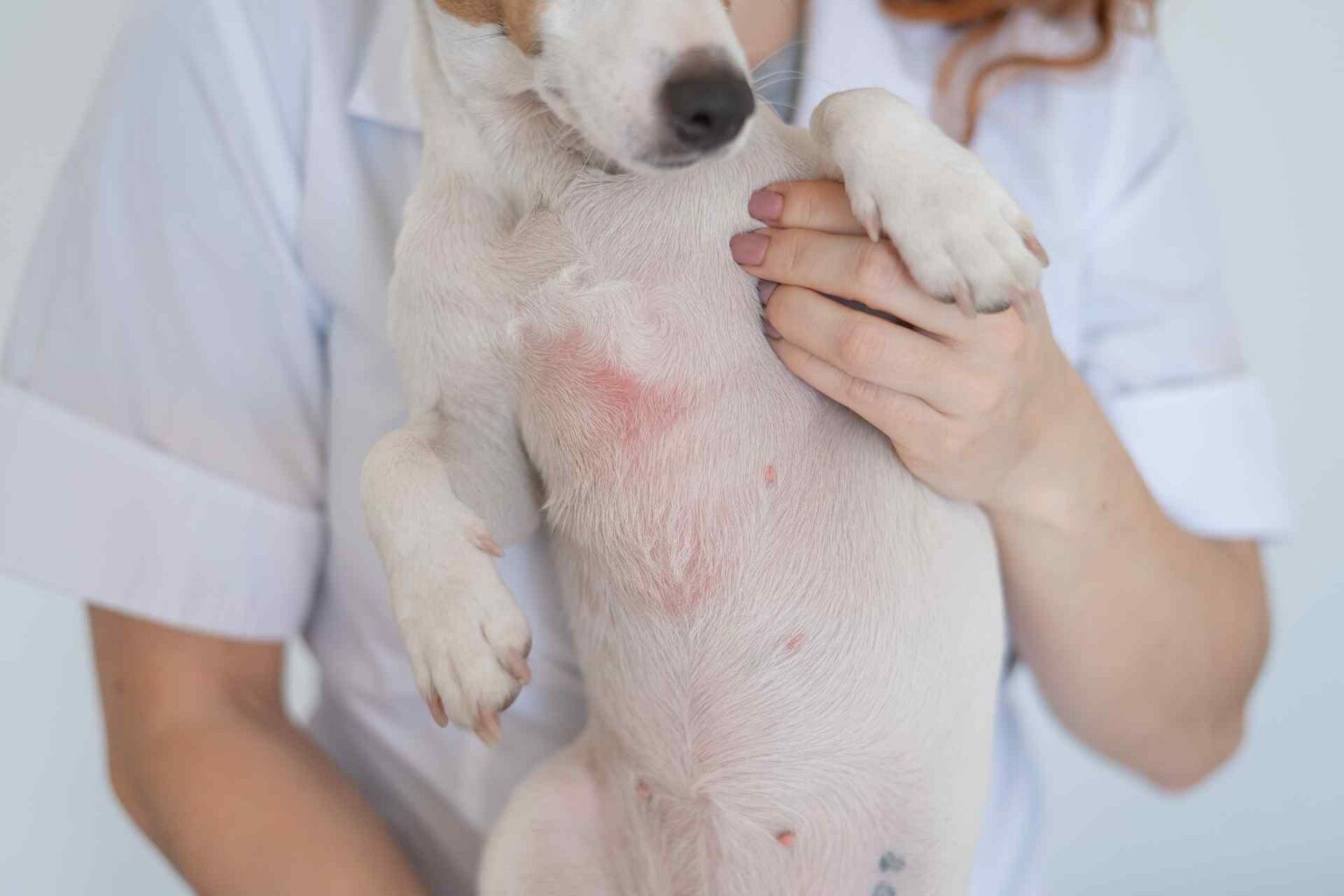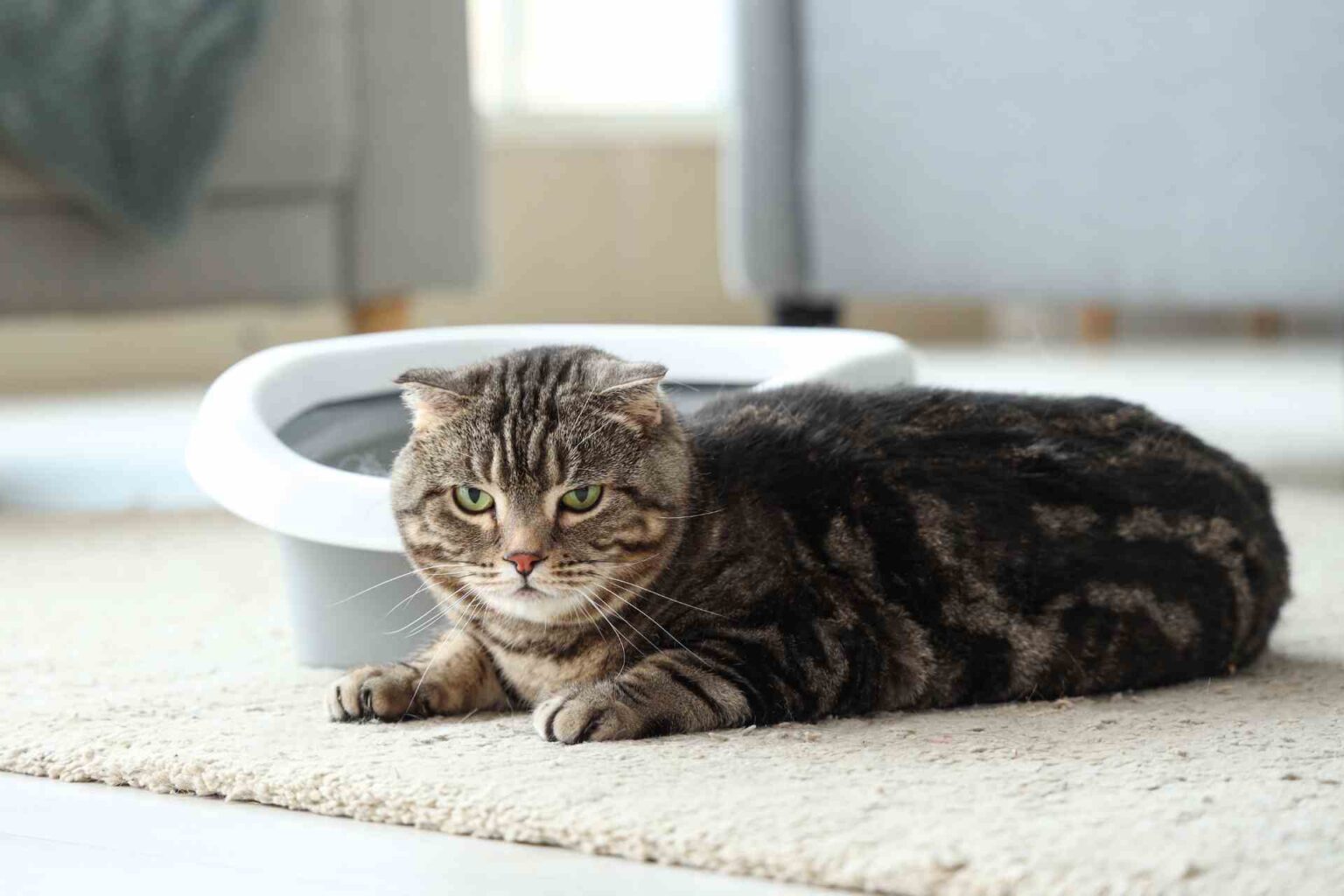The role of the gastrointestinal microbiome and probiotics in veterinary medicine
The collection of microorganisms residing in the gastrointestinal (GI) tract and their interactions constitute the gastrointestinal microbiome; this is a complex system that influences motility, permeability, and nutrientabsorption, contributing to the maintenance of host health.
In the dogs and in adult cats, the normal microbiome comprises several phyla, including Actinobacteria, Bacteroides, Bifidobacteria, Firmicutes, Fusobacteria and Proteobacteria, which exhibit variability primarily at the genus or species level. Currently, theimportance of this variability and its correlation with GI health are still poorly understood; nevertheless, evidence suggests that alterations in the composition of the normal microbiome may contribute to the development and/or worsening of chronic enteropathies, affecting the local and systemic health of the individual.
The Probiotics are microorganisms that, when present in the right amounts, can provide benefits to the host; probiotics, in fact, compete with pathogens for colonization of the organism, produce substances with antimicrobial action, modulate innate and enteric immune responses, promote GI mucosal barrier function, and increased nutrient absorption here. However, it is important to point out that even minute variations in these microorganisms can affect the effectiveness of probiotic treatment and, therefore, the achievement of the expected benefits from their intake. Given the relevance of probiotics in the veterinary field, it appears necessary to engage in further research on this topic.
A review , recently published in Journal of the American Veterinary Medical Association , compiled evidence regarding the use of probiotics in dogs and cats of different age groups and suffering from different disorders, in order to outline possible targets on which to focus future research.
The effects of probiotics in dogs and cats with GI diseases and puppies
The benefits of taking probiotics in healthy individuals can be countless; moreover, there are no studies showing adverse effects of probiotic administration in animals. This aspect suggests the relative safety of probiotic treatment, and sets the stage for further research into such therapies.
Regarding the administration of probiotic treatments in animals with acute gastrointestinal diseases, evidence is still limited. Studies conducted on dogs and cats with acute diarrhea offer, on the whole, little information on the efficacy of probiotics; however, they provide significant evidence in the usefulness of these microorganisms in preventing stress-induced diarrhea and, therefore, factors such as being in shelters or kennels, excessive exercise, or the use of antimicrobials. In contrast, there is a lack of data on the use of probiotics in dogs and cats with acute non-stress-related diarrhea.
In the case of acute and chronic GI diseases, the underlying disease processes were unknown in several studies on this topic, and this limitation prevented the identification of specific therapeutic targets and the use of direct assessment markers. In addition, because most studies on sick pets focused primarily on the resolution of clinical signs, there are few data on the baseline gastrointestinal microbiome and how it changes following probiotic intake. Overall, information on probiotic treatment in animals with GI diseases requires further investigation.
Studies conducted on puppies also have limitations similar to those previously stated. However, significant differences in the response to probiotics were shown in pups of different species, indicating that results obtained in one species cannot be automatically extended to another. Finally, the authors highlight how probiotics may have different effects in young animals than in adults, as the GI microbiome changes during growth.
The effects of probiotics in dogs and cats with non-gastrointestinal diseases
The potential effects of probiotic administration on the immune system and systemic inflammation have prompted several studies to evaluate their use in various diseases outside of GI, such as:
- atopic dermatitis;
- infections of the urogenital tract;
- Respiratory tract diseases.
Overall, the authors of the review report that., the information Relating to the use of probiotics in these diseases are confined to a few studies, conducted on a small number of animals; moreover, in these works, the evaluation of the microbiome was limited, thus preventing a complete understanding of the interaction between the gastroenteric system and the districts of the body affected by the morbid condition.
Conclusions and future prospects
Currently, some evidence supports the efficacy of probiotics in the treatment of GI-related diseases, particularly in the case of acute stress diarrhea; moreover, the evaluated studies have not shown any adverse effects due to the administration of the microorganisms.
The authors emphasize the need to conduct studies that have a clear definition of the diseases examined, a standardization of the recruited populations and the inclusion of healthy controls and a placebo, within the same study, so as to facilitate a direct evaluation of the effects of probiotics on a given population. In this way, it will be possible to more clearly define the mechanisms of microbiome and host response to the administration of probiotic treatments, as well as their effects on circumscribed or external gastrointestinal disorders.
Reference
Jugan MC, Rudinsky AJ, Parker VJ, Gilor C. Use of probiotics in small animal veterinary medicine. J Am Vet Med Assoc. 2017 Mar 1;250(5):519-528. doi: 10.2460/javma.250.5.519.











